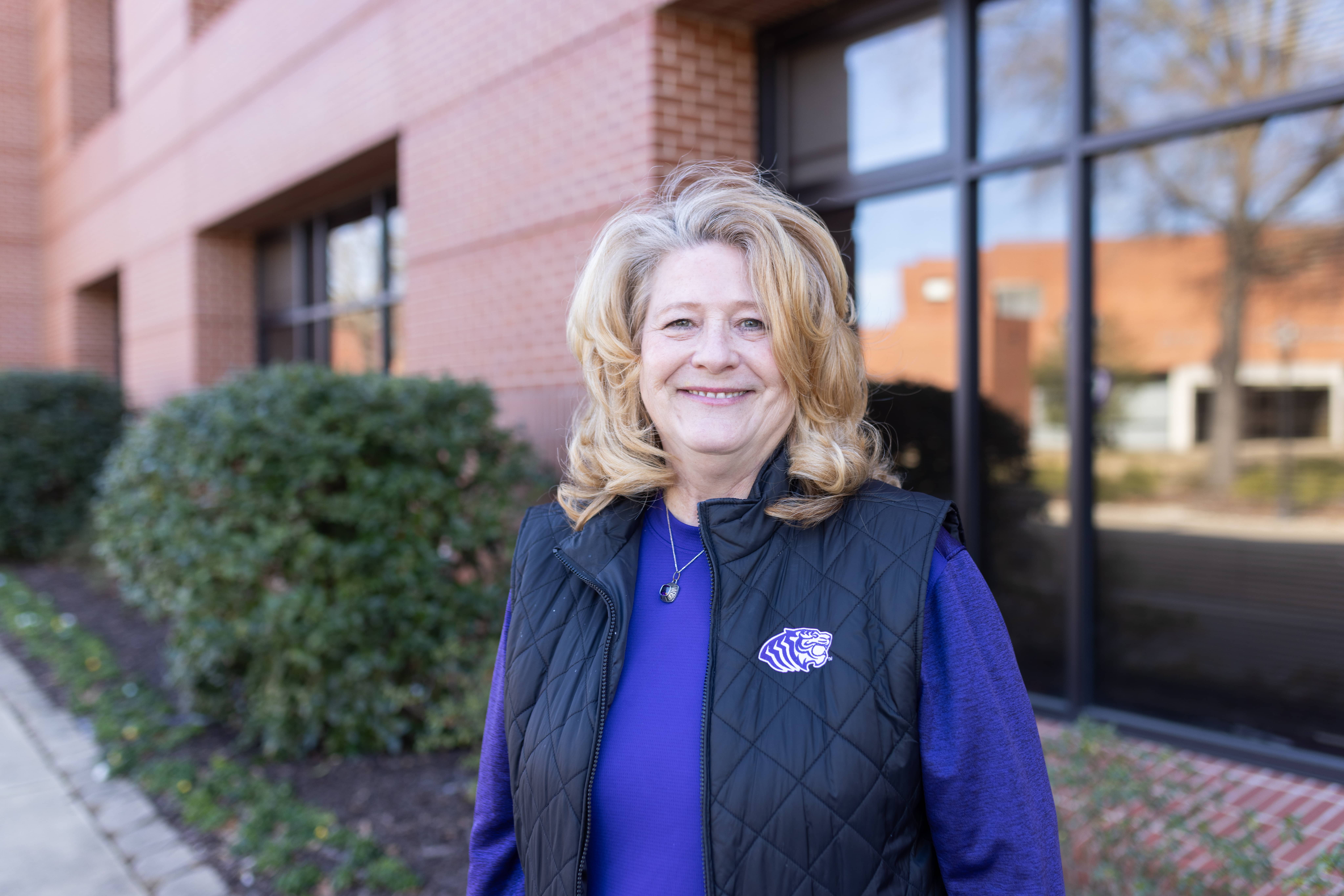Plans are being made to develop a biodiesel program for Ouachita’s campus using used cooking oil from the cafeteria and Chick-fil-A.
Dr. Tim Knight discusses the new bio-diesel program
[podcast]https://www.obusignal.com/podcasts/biodieselknight.mp3[/podcast]
Besides being an environmentally friendly way to recycle the used cooking oil, the program will also save Ouachita money by using the biodiesel to power campus service vehicles.
Dr. Tim Knight, professor of biology, and Brett Powell, vice president for administrative services, have been working together on the project. Much research still needs to be done before the program is ready to begin.
“The first phase, this semester, I’m looking to see what it’s going to cost to buy the equipment and what would it cost us long term to operate it,” Knight said. “We don’t want to create more problems by doing this.”

Knight is going to visit other places in the state that have biodiesel programs to see how the process works and how to avoid problems.
One of the variables that needs to be taken into consideration is the type of cooking oil that is being used. Different sources will yield different qualities of biodiesel. A lower quality of biodiesel will quickly turn into a semi-solid gel state in the cold weather.
Knight is very excited about the opportunities that the biodiesel program will open up for his biology students.
“I can put some students on this and we can do lots of different experiments as far as looking at what temperature they [the biodiesel] gel, the source of the oil, varying the way we work the process and trying to get the best quality biodiesel we can make,” Knight said.
Both the cafeteria and Chick-fil-A will benefit financially from the program.
“Besides keeping the waste oil out of landfills, it actually saves them money because they have to pay somebody to haul that [used cooking oil] off,” Powell said. “We’re helping them, and it makes sense for everybody.”
At first the biodiesel program will not save Ouachita much money because of the cost of the equipment to purify the used cooking oil, but it will eventually start to pay off once the process is tweaked and perfected.
“We’re not going to save a ton of money,” Knight said. “But we will be recycling something, so it’s a stewardship effort.”
Knight and Powell anticipate that the program be ready by the end of this summer.




